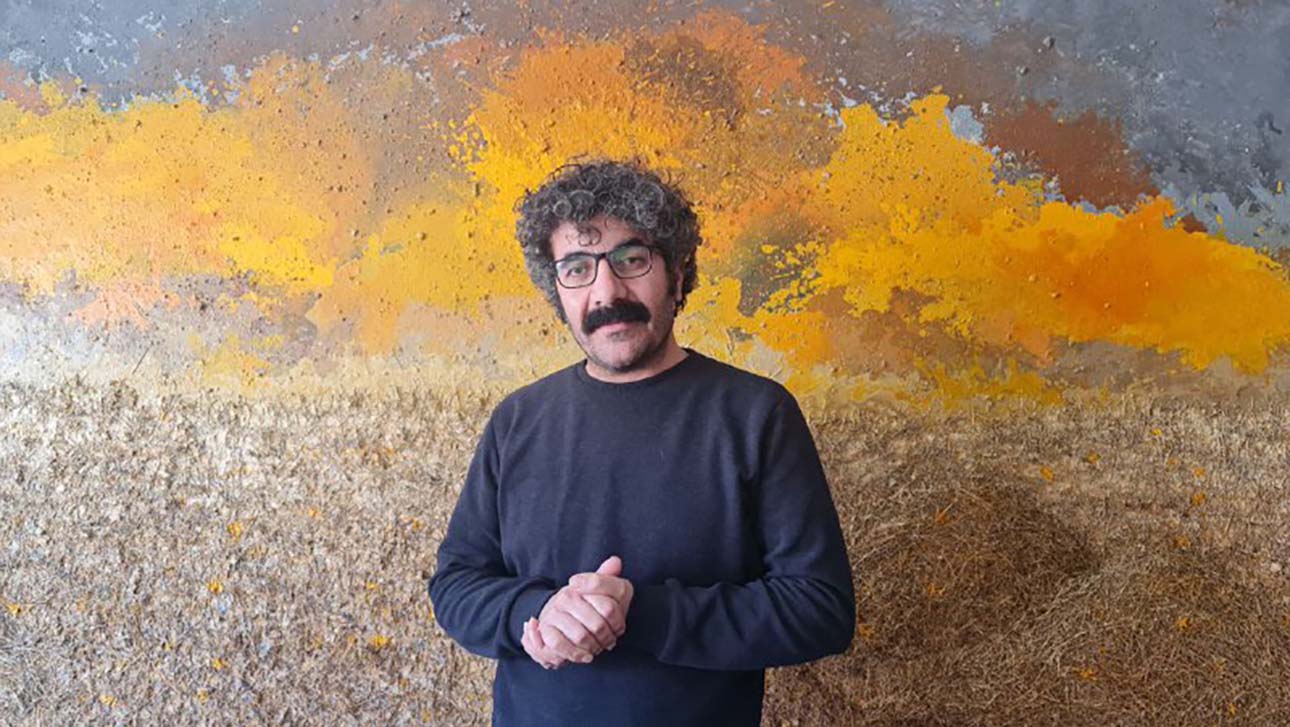“Evîn Di Rûyê Qirkirinê De” ( “Love in the face of genocide”) is the new documentary by filmmaker Şêro Hindê. The film is about the oral literature of the Yazidi Dengbêj in Shengal. Ersin Çaksu interviewed the director in Qamishlo.
They are passing from generation to generation the pain and suffering of their society, wars and conflicts between peoples and ethnic groups, the pain of love, fairy tale stories, lamentations, hymns of prayer.
For the Kurdish people in particular, oral literature is seen as the autobiography of society, which is why a Dengbêj is also considered a historian.
Research on oral Kurdish literature does exist, but only to a limited extent. In particular, there is a lack of detailed work on the traditions in certain cultural areas such as the Yazidi settlement areas.
“Evîn Di Rûyê Qirkirinê De” was produced by the Rojava Film Commune and the shooting continued for almost three years. The soundtrack of the documentary is by Mehmûd Berazî, who is also a producer of the guerrilla band Awazê Çîya, but more recently has worked as a composer of Kurdish a-cappella music. His name has also been known to many people outside Kurdistan as he is the author of Şervano, the song of resistance in Rojava.
Director Şêro Hindê, who is also a songwriter, talked about the idea of the film, the shooting process and the Yazidi dengbêjlık. He said that after the Shengal massacre, people started to know about the life and culture of the Yazidi and about the dengbej (storytellers) there. Hindê talked about the behind-the-scenes of the documentary: “We are doing a communal work. Everything from the shooting, the editing, the script, the music is done in a communitarian way and is done here in Rojava. There is nobody from the outside. Many people also wanted to offer support. But we did not accept it. We say let’s do it ourselves even if we have deficiencies.”
This interview was first published here







